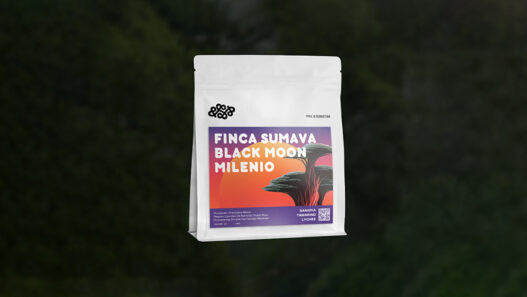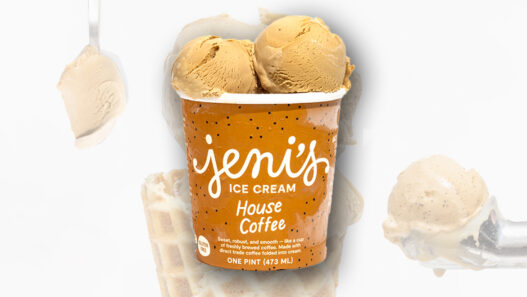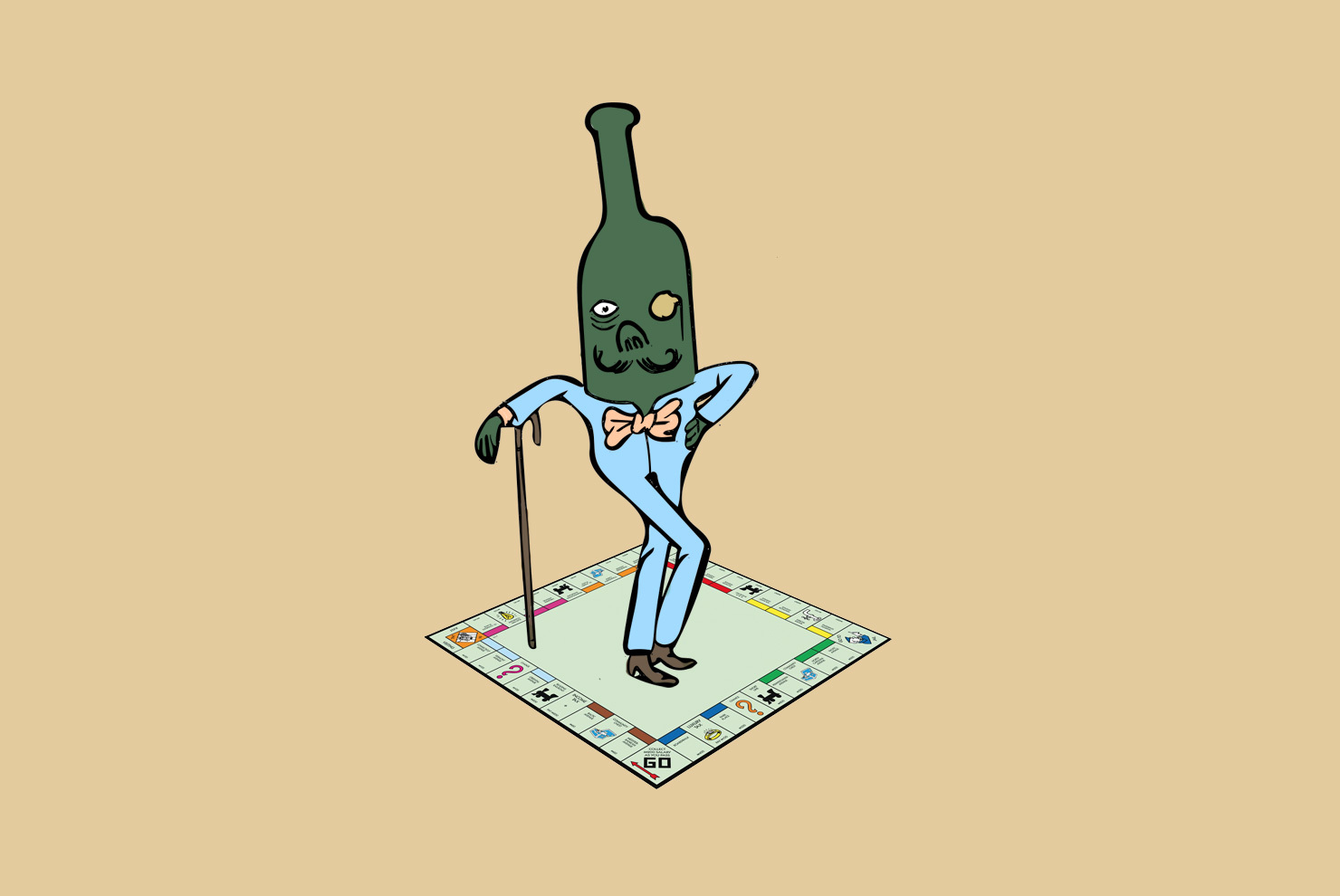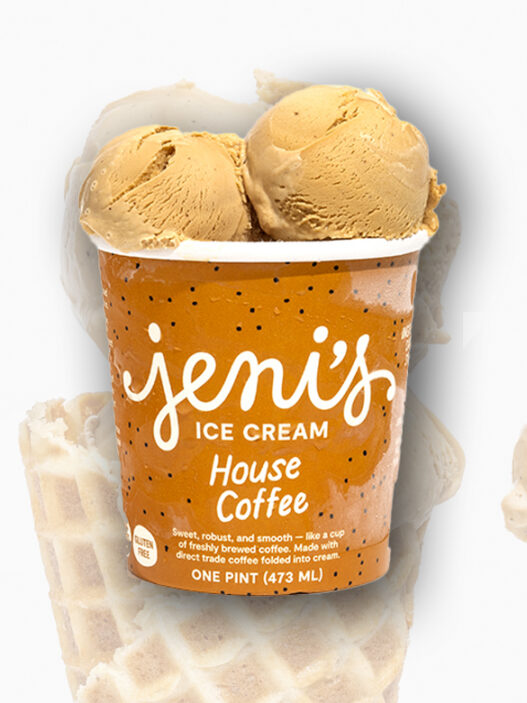Big government may have it out for Big Wine. The Biden Administration has quietly signed an executive order whose purpose is to, among other things, level the playing field for smaller American wine producers and distributors against the consolidated juggernauts currently dominating the market.
As reported by Wine Searcher, the executive order signed earlier this month includes a total of 72 initiatives; two of them directly pertain to the wine, beer, and spirits industries. The overall purpose of the order is to “address overconcentration, monopolization, and unfair competition in the American economy,” and the two alcohol-specific initiatives outline the ways this may impact the wine world.
The first states that the Treasury Department, Federal Trade Commission, and the Department of Justice are to file a joint report on “patterns of consolidation in production, distribution, or retail beer, wine, and spirits markets” in no more than 120 days’ time. Following up on the findings of the first, the second initiative wants the Alcohol and Tobacco Tax and Trade Bureau (TTB) to update their regulations to “[reduce] any barriers that impede market access for smaller and independent brewers, winemakers, and distilleries.”
Combined, these two initiative may spell bad news for the mega wine and spirits distributors.
As the article notes, government agencies have past investigated, and halted, monopolization efforts in American wine production—the FTC’s temporary hold up of the sale of Constellation to Gallo earlier this year is given as example—there has little to no monitoring of consolidation amongst alcohol distributors. The 2016 “megamerger” between Glazer’s and Southern Wine & Spirits, the article states, was not given the same level of scrutiny as the Gallo deal, though the distributor consolidation’s impact on competition is far greater.
The executive order may bring to light what wine industry experts have been saying for over a decade now, “that distributor consolidation is the biggest threat to wine and spirits producers by limiting access to markets, and also to consumers by limiting access to products and keeping prices high.” In the world of monopolized distribution, new and small producers will find it near impossible to get their product onto store shelves if/when big distributors are only interested in carrying larger, already established brands.
But what that leveling of the playing field will look like is yet unknown. The article notes that stopping market consolidation may be difficult. Still, there are options. Per Robert Tobiassen, president of the National Association of Beverage Importers and former chief counsel for the TTB:
TTB can do a lot in the regulation area to try to level the playing field… Maybe they can’t directly hit the consolidation issue. But they could issue regulations that favor small guys over big guys… TTB could issue a regulation that if you are a wholesaler or an importer whose gross receipts are not over $1 million, then none of these regulations apply to you. But if your gross receipts are over $20 million, here are the new draconian regulations.
This could mean that, soon enough, you’ll be able to get your boutique wines at your big box stores, maybe even your local grocer. The final outcome is yet decided, but as Tobiassen tells Wine Searcher, “If I was a big [alcohol company], I would be very concerned for the next 18 months.”
Zac Cadwalader is the managing editor at Sprudge Media Network and a staff writer based in Dallas. Read more Zac Cadwalader on Sprudge.

























